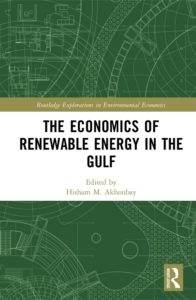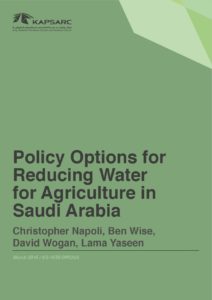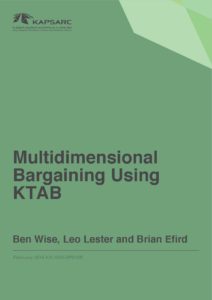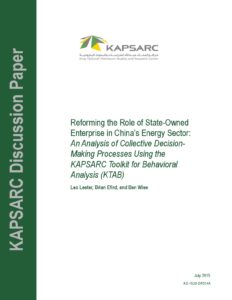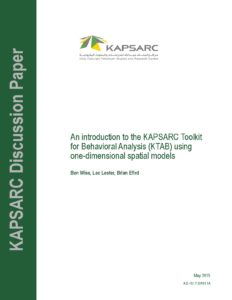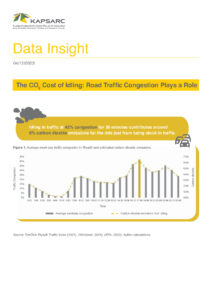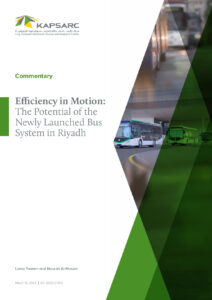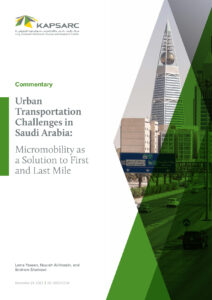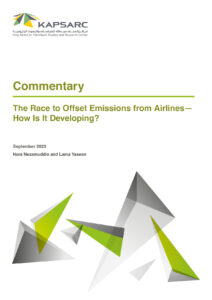Lama is a research lead working under the Transportation and Infrastructure Content Center. Lama has a B.Sc. degree in computer science from Effat University and an M.Sc. degree in software engineering from the University of Oxford. Lama is a programmer, data modeler and software engineer working in data modeling and software integration. She is also part of the Geographical Information Systems (GIS) team, working in spatial analytics and modeling.
Lama was also one of the main contributors to the KAPSARC Toolkit for Behavioral Analysis (KTAB).

